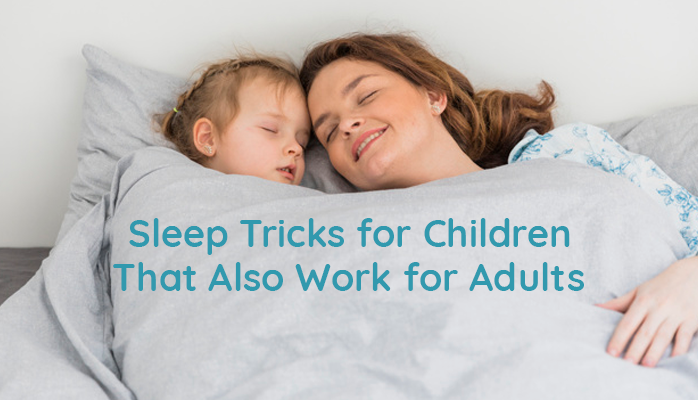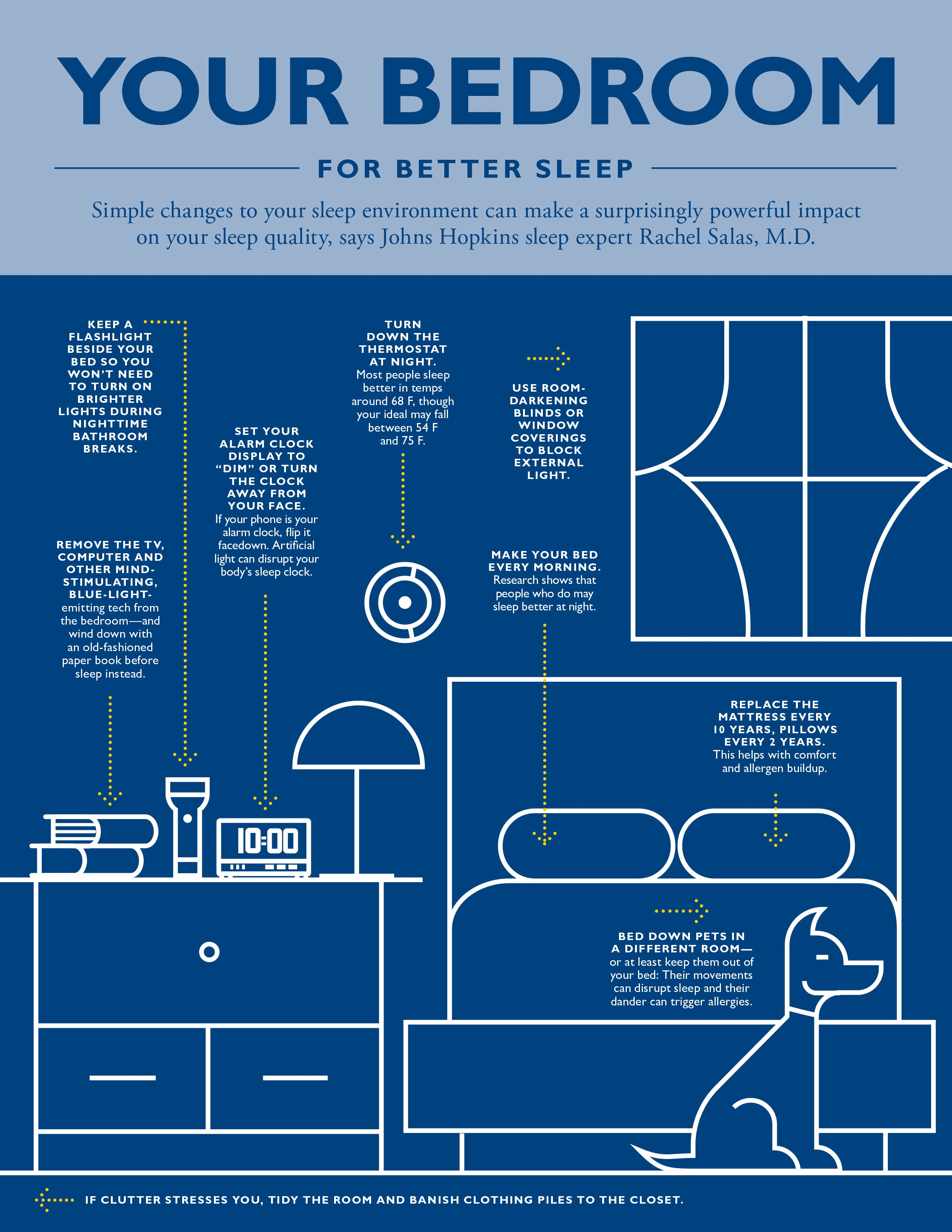
There are many websites and blogs that serve as excellent resources for helping parents get children to sleep. However, these tricks are not just for kids as they often work on adults as well. Not every trick will work, but many of the strategies are applicable for adults who are struggling with sleep deprivation or are having trouble getting to sleep.
It might feel silly to use rather childish methods of trying to establish good sleeping habits, but if you are getting enough sleep, you will be healthier and perform better:
- Physically
- Mentally
- Academically
- Socially
Here are 4 tricks we use on many children that also work on adults.
1. Tell Yourself a Story
We read or tell most children stories before they go to sleep. Stories help our minds relax from the day. They provide a solid pre-bedtime routine that will further prime our bodies and minds to prepare for bed. You can use this same technique on yourself in bed.
Telling yourself a story simply involves:
- Lie in bed in a comfortable position
- Close your eyes
- Turn out your light
- Pick a topic or story to tell yourself
- Begin narrating in your head, just as if you were telling a child a story
As you tell your story, try and visualize it in your head. The nature of the story is not terribly important. But the technique of telling and visualizing a story has the purpose of relaxing your mind and caressing yourself into sleep.
2. Use White Noise
White noise can be particularly effective keeping you asleep. Not only do many people report white noise as soothing and sleep-inducing, but will block out other, more distracting noises that will arouse you. You can use:
- A white noise machine
- A fan
- A white noise app
Two studies we can reference are studies on white noise in adults and newborns:
- In this sleep study on white noise, an important finding was that white noise blocks out other external sounds that might otherwise wake you up.
- In the study on white noise and newborns, three times more newborns fell asleep in 5 minutes using the white noise machine than not
That being said, noise doesn’t work for everyone, and many people prefer absolute silence. But if you are in a noisy environment, such a city, you might try white noise as it may be preferable to other jarring environmental noises.
3 - Have a Bedtime
 Other things you can do to help promote sleep are dark, quiet rooms, no electronics, and investing in comfy bed
Other things you can do to help promote sleep are dark, quiet rooms, no electronics, and investing in comfy bed
Bedtimes aren’t just for children. Having a consistent bedtime that you rigorously follow is an extremely important part of setting your biological clock. Even on weekends, try to stick to your bedtime as closely as possible.
Of course, having a bedtime is easier said than done. Some of the hardest parts about sticking to a bed time are:
- Having children, who don’t always cooperate with your plans
- Having laptops and screens whose blue light suppresses the onset of melatonin
- Using applications (social media, YouTube, etc.) that have extensive functionality designed to keep you using the app
- Weekends, where you want to have fun and do things!
- Traveling, which makes it hard to keep any kind of schedule
Obviously, there will be interruptions in setting your bedtime, but staying diligent with it as much as reasonably possible can do wonders for sleeping.
4 - Have a Bedtime Routine
Pre-bedtime routines are another way to trick your body into producing melatonin. Essentially, you are conditioning your body for sleep by using routines. Some routines can include:
- Do same thing before bed every night – read a book, listen to a podcast, etc.
- Cut out blue light (TV, computers, smart phones) before bed
- Using the same incense or essential oil before bed
- Do a specific calming activity, such as meditation, washing, etc.
What If You Can't Sleep?
If you can't sleep and have tried these tricks and other sleep strategies, there could be an underlying issue like:
- Insomnia
- Circadian rhythm disorders
- Restless leg syndrome
If you live in Alaska and still can’t sleep, take our online sleep test and get in touch with our sleep specialists.

